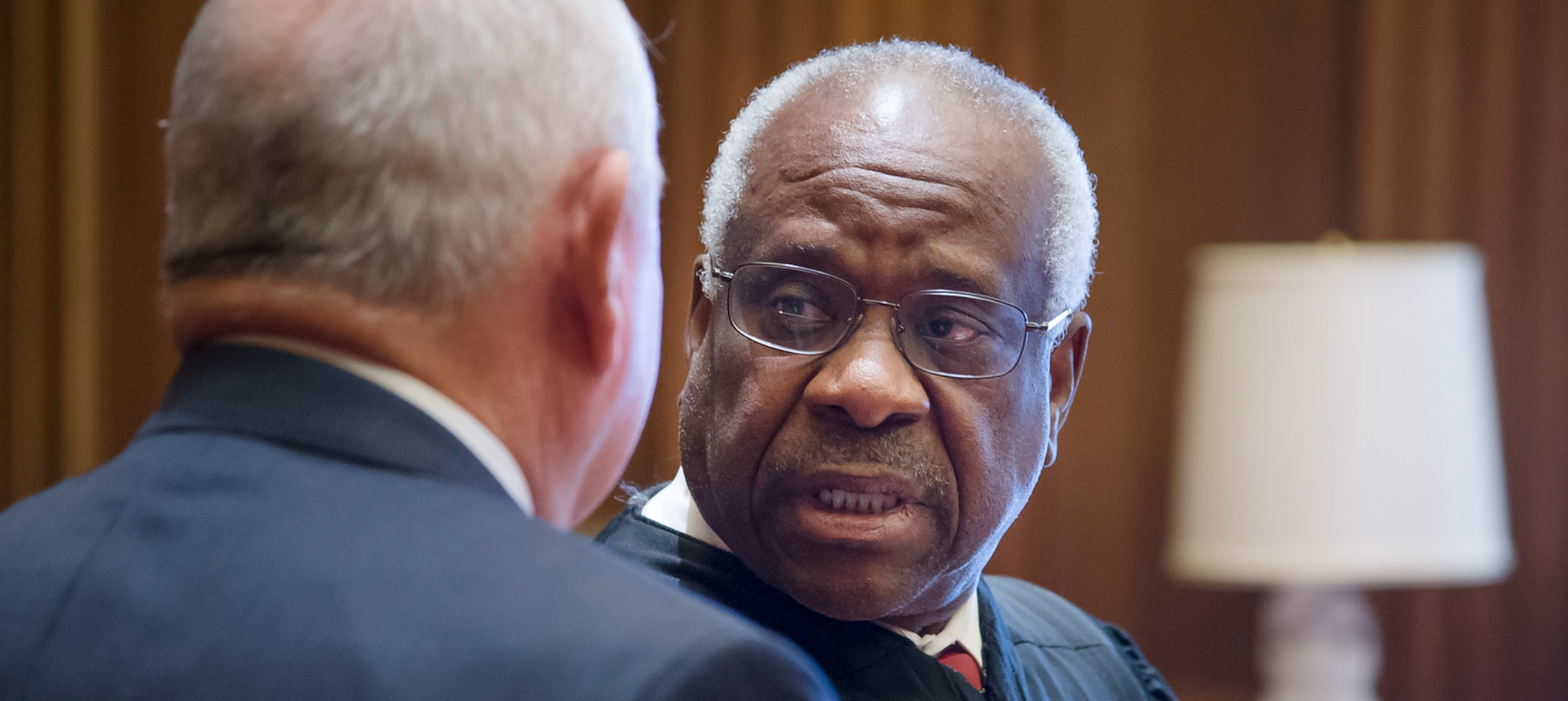It’s unlikely that the District of Columbia Court of Appeals will decide that Trump is immune from criminal charges because he was president when his alleged criminality occurred. As the three Court of Appeals judges suggested at yesterday’s hearing, presidents don’t have carte blanche to commit crimes even if they call it official business.
The practical question concerns Trump’s appeal of the D.C. appeals court decision — either to the full court of appeals (all eleven active judges) and then, if they rule against him, to the Supreme Court, or directly to the Supreme Court.
I doubt the full D.C. appeals court would accept the case. My real worry is the Supreme Court — not because I fear the Court will give Trump immunity (even packed as it is with Republican appointees, it’s hard to conceive that the justices would allow presidents to break the law) — but because of the amount of time it may take the high court to decide.
If the court drags its robes, it could delay until after the 2024 election a potential conviction in Trump’s trial for seeking to overturn the results of the 2020 election.
That trial had been set to begin on March 4, but the starting date is on hold until the immunity case is decided.
Timing is everything. A Trump conviction before Election Day could be a major factor in the 2024 race.
If he is found guilty of a crime, nearly a quarter of Trump’s supporters believe he should not be the Republican nominee for president.
A conviction could also affect the general election if it’s a close race and even a small number of voters won’t vote for a felon.
And if Trump is criminally convicted of seeking to overturn the 2020 election, the Supreme Court might be forced to rule that Trump cannot take office under Section 3 of the 14th Amendment to the Constitution.
But if there’s no conviction before Election Day, and Trump wins the 2024 presidential election, he’ll likely put an end to the two federal cases.
As president, his Justice Department will also argue in the Supreme Court that the Constitution prevents state prosecutors from pursuing charges against a sitting president — a plausible argument.
So today’s Office Hours question: Will the Supreme Court drag its robes and delay Trump’s potential conviction until after the 2024 election?
Robert Reich is a professor at Berkeley and was secretary of labor under Bill Clinton. You can find his writing at https://robertreich.substack.com/.
